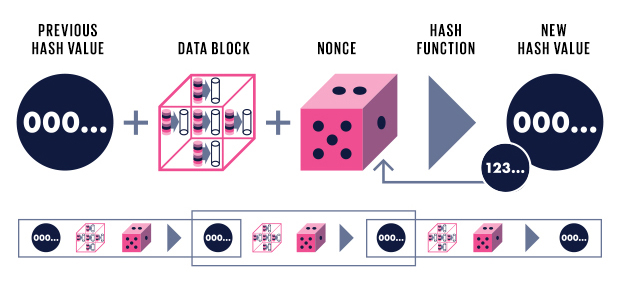Do you know how BCH started? It was forked from Bitcoin in 2017
When fundamental changes are made in a blockchain, it can result in a hard fork, leading to the formation of a separate chain with different rules which are no longer backward compatible with earlier blocks.
When fundamental changes are made in a blockchain, it can result in a hard fork, leading to the formation of a separate chain with different rules which are no longer backward compatible with earlier blocks.
It results in the validation of blocks and transactions that were previously invalid, or vice-versa.
It’s a permanent divergence because the nodes in the new iteration can’t communicate and reach a consensus with the nodes of the previous version.
Ethereum vs Ethereum Classic
It’s a permanent divergence because the nodes in the new iteration can’t communicate and reach a consensus with the nodes of the previous version.
Ethereum vs Ethereum Classic
After a blockchain forks, any wallet that had the original cryptocurrency will have equal amounts on both networks.
Suppose you had 5 BTC before fork, you’ll have 5 BTC on both the networks post the fork
Suppose you had 5 BTC before fork, you’ll have 5 BTC on both the networks post the fork
Hashing is a common term we hear when discussing blockchain tech
It’s the process of transforming an input of any size into a corresponding fingerprint of fixed-length. It’s the backbone of blockchain tech, that allows data & transactions to be verified and stored in a secure way
It’s the process of transforming an input of any size into a corresponding fingerprint of fixed-length. It’s the backbone of blockchain tech, that allows data & transactions to be verified and stored in a secure way
SHA-256 is the Bitcoin hash algorithm
How well and fast you can generate these hashes matter!
Let's understand hash rate 👇👇
It’s a measure of the total combined computational power used by a proof-of-work cryptocurrency network to process transactions in a blockchain
How well and fast you can generate these hashes matter!
Let's understand hash rate 👇👇
It’s a measure of the total combined computational power used by a proof-of-work cryptocurrency network to process transactions in a blockchain
Simply put, it’s a measure of how fast a cryptocurrency miner's machines can complete these computations
Before any new transactional data can be added to the next block in the chain, miners must compete using their machines to guess a number. Essentially, miners try to produce..
Before any new transactional data can be added to the next block in the chain, miners must compete using their machines to guess a number. Essentially, miners try to produce..
.. a hash that is lower than or equal to the numeric value of the target hash, by changing a single value called "nonce". Every time the nonce is changed, a completely new hash is created. 

For e.g.
Hash for testnet is: 9afbce9f2416520733bacb370315d32b6b2c43d6097576df1c1222859d91eecc
Changing one letter "festnet" gives a completely different hash:
5ee4470f8d81b3e461aa776cdcfc156ea1c6d389edd7e8e2bdff5c11161a6ebb
Hash for testnet is: 9afbce9f2416520733bacb370315d32b6b2c43d6097576df1c1222859d91eecc
Changing one letter "festnet" gives a completely different hash:
5ee4470f8d81b3e461aa776cdcfc156ea1c6d389edd7e8e2bdff5c11161a6ebb
But why does hash rate even matter?
Its an important metric for assessing the strength and security of a blockchain network. The higher the hashrate, the harder it becomes for malicious agents to disrupt the network.
‼️A fall in hashrate makes the network more vulnerable!‼️
Its an important metric for assessing the strength and security of a blockchain network. The higher the hashrate, the harder it becomes for malicious agents to disrupt the network.
‼️A fall in hashrate makes the network more vulnerable!‼️
Let’s wrap up with a jargon
HODL- Hold On for Dear Life
The term actually started as a typo on an old forum, Bitcointalk.org , where a user explained that he was HODLING his bitcoin as the price dropped. The misspelling quickly caught on and is still used today.
HODL- Hold On for Dear Life
The term actually started as a typo on an old forum, Bitcointalk.org , where a user explained that he was HODLING his bitcoin as the price dropped. The misspelling quickly caught on and is still used today.
Thats a wrap for Day 7!
I’ll be sharing information on the new vocabulary of the web for next 30 days.
It’s like a free crash course on the terms and methodolgies in Web3.
📌Follow me @laishawadhwa for more such web3 gyaan!
📌RT the first tweet to share with more folks.
I’ll be sharing information on the new vocabulary of the web for next 30 days.
It’s like a free crash course on the terms and methodolgies in Web3.
📌Follow me @laishawadhwa for more such web3 gyaan!
📌RT the first tweet to share with more folks.
• • •
Missing some Tweet in this thread? You can try to
force a refresh






